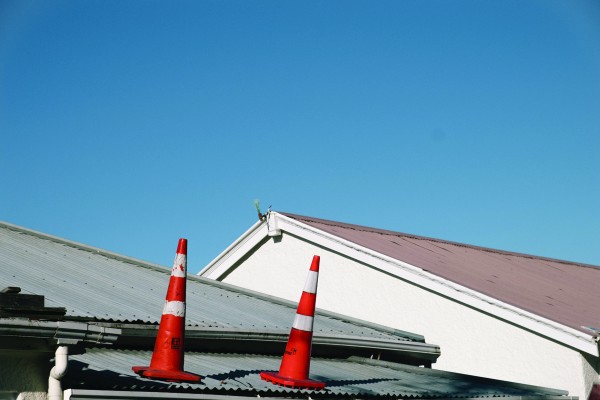Data from a nationwide survey of students has shown, yet again, that students largely live in poverty – often living in unaffordable housing and going without food, healthcare, clothing and other necessities. Aotearoa’s student unions, alongside the Green Party, are hoping that this report will finally drive the “bold action we need to fix things”.
The People’s Inquiry into Student Wellbeing 2022 was carried out by the Green Party, the New Zealand Union of Students’ Associations (NZUSA), Te Mana Ākonga, Tauira Pasifika and the National Disabled Students’ Association. The survey covered 4,593 students across Aotearoa, including 586 from Dunedin.
The survey found significant “anxiety and distress” was being caused by the increasing cost of living. The big elephant in the (cold, mouldy) room? Rent. The average weekly rent being paid by Dunedin students was $168, while in Auckland and Wellington, students were paying out a massive $260 per week. Overall, students nationwide were paying an average of 56% of their income on rent alone: almost double the national standard for housing affordability (30%). However, the steep prices didn’t mean luxury. Around 14% of students said their housing “does not meet their needs”, with most saying they were cold, damp, crowded and poorly-maintained.
On the income end, restrictions on student allowances were highlighted as a key grievance. Student allowance eligibility being tied to your parents’ or partner’s income was seen as “unfair… [and] out-of-step with many students’ and families’ realities”, especially where families or partners are themselves struggling to get by on low incomes. Only 40% of students had financial support from their families; this dropped to just 30% for Māori students, and 25% of Pasifika students. Graduate students also noted that the Labour Government’s promise to restore the student allowance for postgrads, in the 2017 election campaign, was not kept.
Rent pressures and low incomes meant around half of students have just enough, or less than enough, to “make ends meet”. According to the report, “about two-thirds of students regularly do not have money to buy food, clothing or get healthcare.” This particularly affected Māori, Pasifika and disabled students. This means students often end up going without – whether it means skimping at the supermarket, putting off that doctor’s or dentist’s appointment, borrowing money from family or friends, or drawing down on loans, credit cards and layby plans.
This also meant lots of side hustles: 68% of full-time and 87% of part-time students were undertaking some sort of paid employment. Juggling work and study can be tricky, though. 62% of full-time, 73% of part-time and 72% of disabled students said that they “did not spend as much time attending classes and studying” as they would like. The financial pressures mean, according to the report, some are forced to give up on study altogether.
The report had five recommendations for the Government, which they said would help “alleviate student financial hardship, reduce the growing burden of student debt, alleviate high rates of stress and anxiety, and help them succeed in their studies”. These included removing all restrictions on student allowances; improving student mental health services; making public transport free for students; and implementing rent controls and Rental Warrants of Fitness.
Chlöe Swarbrick, the Green Party’s Spokesperson for Tertiary Education, helped coordinate the report. She said that “the current tertiary education system is causing harm to those students who are simply trying to better themselves and invest in their futures… urgent change and support is needed, and I’m committed to continuing work with our student unions to push for this.” “Students’ needs are ignored and sacrificed,” she added, “but if launching this inquiry has proven one thing to me, it’s that students understand that change is needed, and they’re ready to push for that change.”






